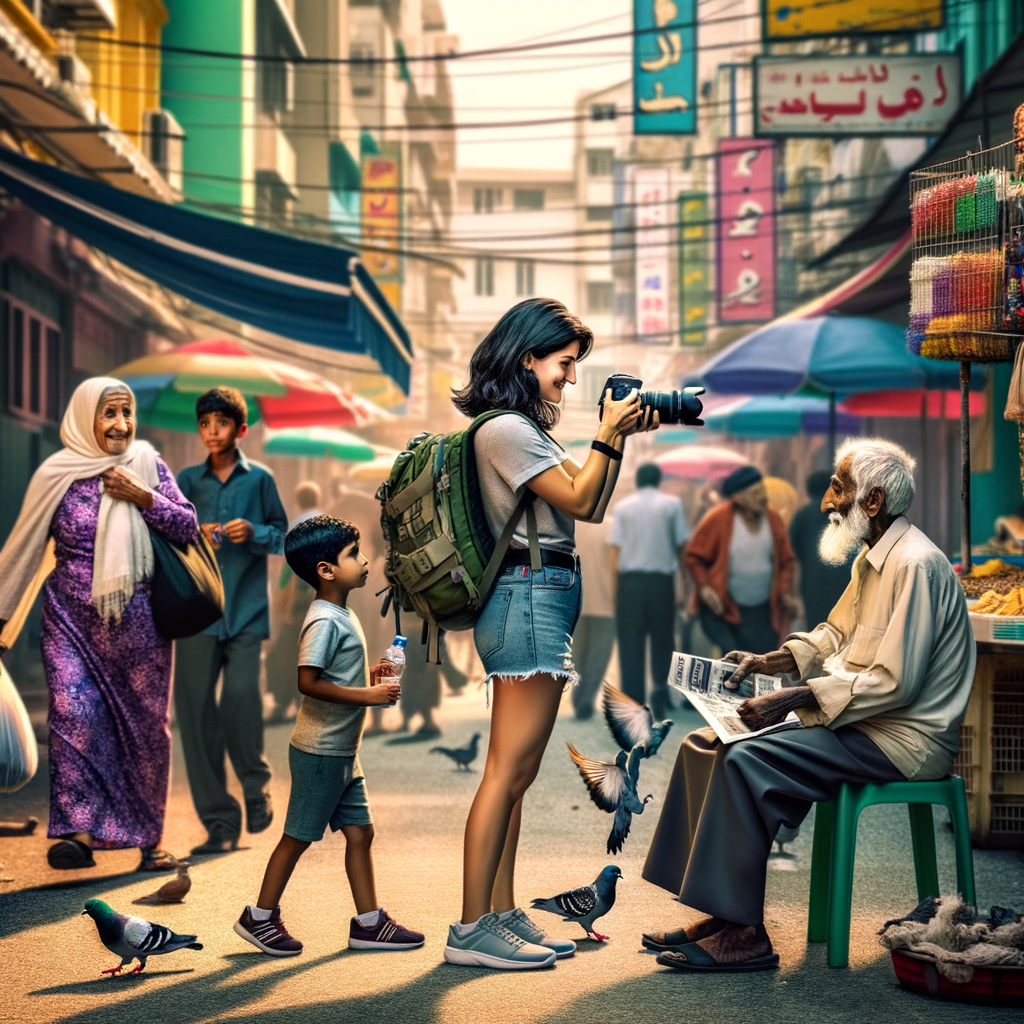
Documentary photography is not just about capturing images; it's a way to immortalize human stories, emotions, and events that shape our reality. Unlike art photography, which can stem from fantasy and concept, documentary photography aims to be truthful and reflect actuality. This article is designed to introduce you to the basics of documentary photography, provide technical tips, and discuss how to develop your own style in this genre.
In the world of photography, there are numerous genres, each with its unique characteristics and approaches. One of the most compelling and powerful genres is documentary photography, which offers a unique window into reality. Unlike staged photographs, documentary shots strive to capture the lives of people, their stories, and feelings in their natural environment.
Documentary photography encompasses a wide range of themes – from social justice and political conflicts to everyday life and cultural traditions. Often, the power of documentary photography lies in its ability to evoke emotions and draw attention to issues that may be unjustly overlooked.
To become a successful documentary photographer, you need not only technical mastery but also an understanding of human nature. This will help you connect better with people and capture their true emotions. Here are some tips to deepen your understanding and develop your skills in this field:
Understanding the Theme and Context
Before you start shooting, it’s essential to gain a deep understanding of the theme you want to tell. This could be a community, a social issue, or an individual. Research the context: what stories lie behind this? What is the culture you are in? Gaining this knowledge will allow you to create deeper and more meaningful images.
Be a 'Fly on the Wall'
In documentary photography, it’s often vital to remain as unobtrusive as possible. If you appear to be an observer, people will behave more naturally. For example, when photographing events like weddings or celebrations, try not to interfere with the activities. This will help you capture genuine moments.
Building Trusting Relationships
If you are working with people, especially in situations concerning their lives, it’s crucial to establish trustworthy relationships. Communication and respect for personal boundaries will help you create the most natural and sincere images. People feel when they are treated with respect and will more likely allow you to capture their moments.
Working with Natural Light
Natural light is the best friend of a documentary photographer. It helps to create atmosphere and convey the mood of the image. Study how light changes at different times of the day and in various conditions. This will help you better plan your shots and choose the right angles.
Post-Processing and Selecting Shots
Good post-processing can significantly enhance your images; however, try not to overdo effects. The main task should be to maintain the authenticity of the moment. Choose only the strongest shots that are capable of telling a story.
Share Your Work
Creating a portfolio is an essential part of both documentary photography and any other form. Don’t be afraid to share your experiences and work. Exhibitions, blogs, and social media can be excellent platforms for showcasing your work and storing it online.
Reflecting on the Philosophy of Documentary Photography
Documentary photography often links with philosophy and ethics. Photographers face choices about which stories to tell and which to leave untold. This can be a genuinely crucial aspect of developing the photographer’s approach and creating their unique style.
Thus, documentary photography opens many different avenues for creativity and self-expression. Most importantly, remember that ultimately your work should be the truth about what you see around you. These are not just snapshots; they are stories, emotions, and real life that deserves to be heard.


